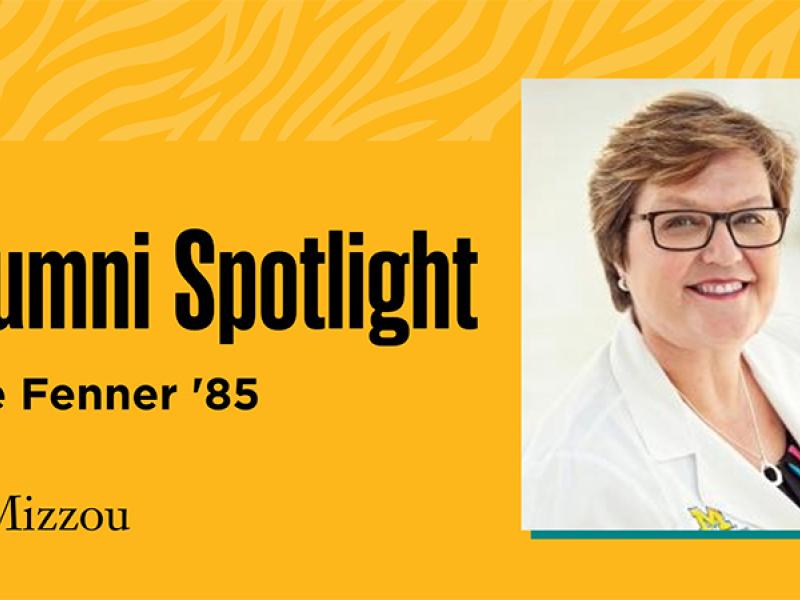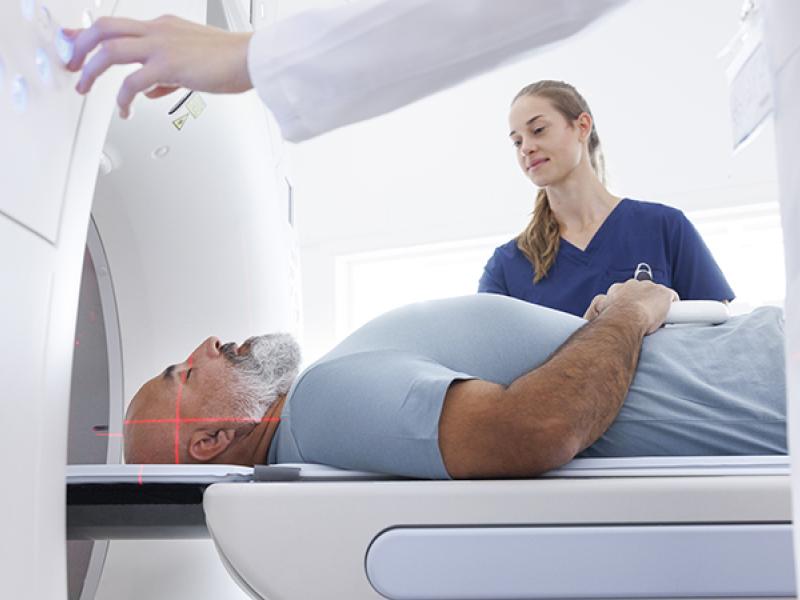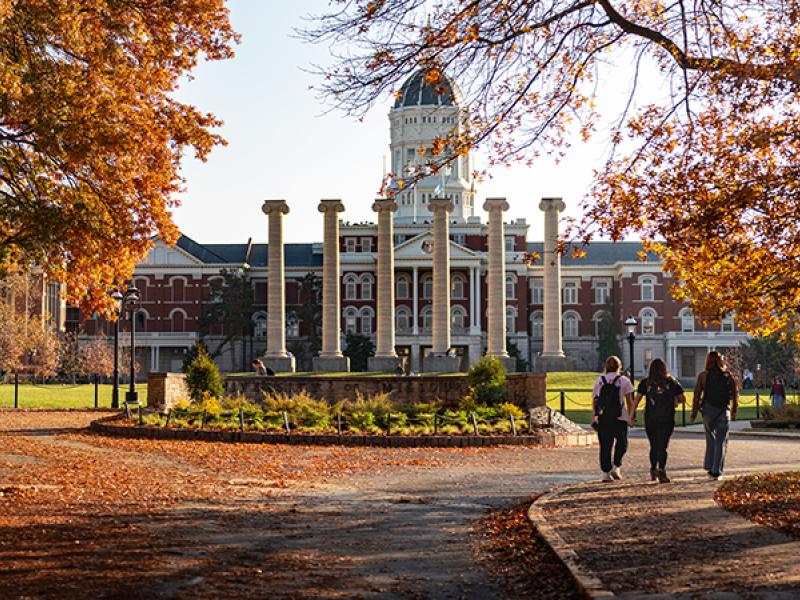(1/28/26) Cardiovascular disease continues to be the leading cause of death worldwide. To save lives, constantly improving diagnostic and risk assessments is vital. One researcher
...

Awards and Honors
School of Medicine advances clinical reasoning education
(1/22/26) The University of Missouri School of Medicine was recently selected as one of 12 U.S. medical schools to receive grants to help enhance clinical
...

Research
Shining a spotlight on cancer
(1/14/26) To determine who could benefit from targeted cancer treatments, a researcher at the University
...
(1/13/26) If someone’s in heart failure, that means their heart is no longer able to
...

Awards and Honors
Alumni Spotlight: Dee Fenner, MD ‘85
(12/19/25) Dr. Dee Fenner, Mizzou alum, now chairs Obstetrics & Gynecology at the University of
...
(12/18/25) Mizzou Veterans Clinic has secured $20M in VA benefits for 1,600+ clients; now partners
...
(12/18/25) Access to autism evaluations through specialty health care is notorious for long wait times
...

Awards and Honors
Raghuraman Kannan, PhD, named 2025 NAI Fellow
(12/15/25) Two professors at the University of Missouri are joining the ranks of the most
...





